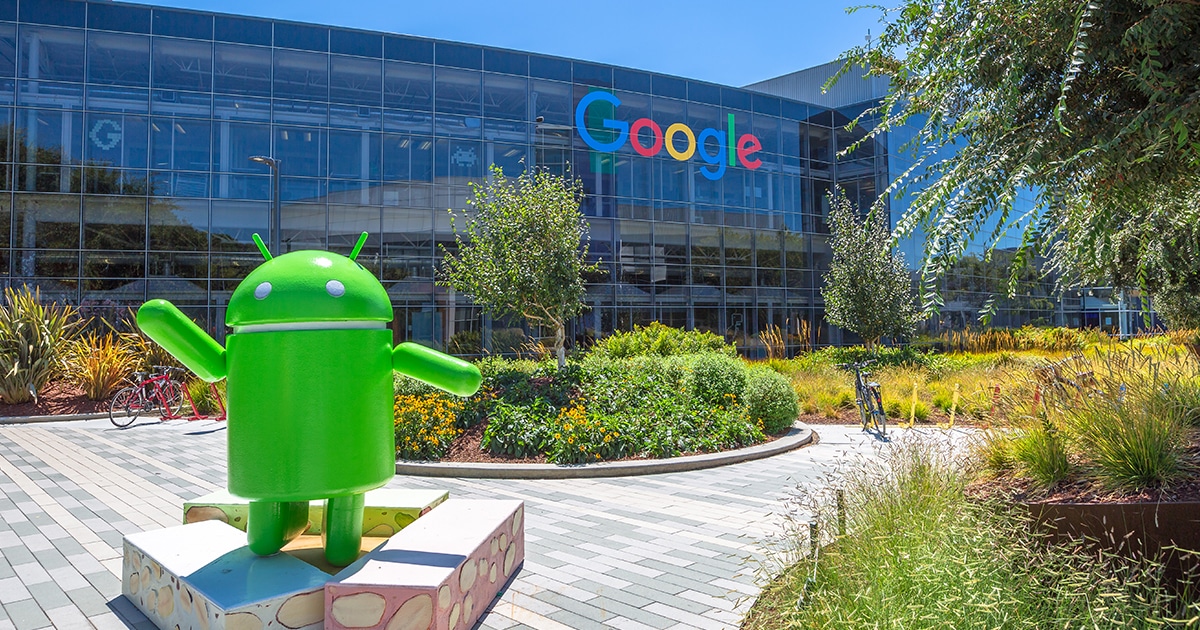Summary of Google to Scale Back on Hybrid Work:
Google is cutting back on hybrid work for its employees, joining other industry leaders like Apple and Meta. The company has encouraged employees to return to in-person work since April 2022 and has invested significantly in new office spaces. Google claims that working in the office helps build a more robust company culture and has stated that remote position requests will be considered on an exception basis only. The impact of this new policy remains to be seen, but it reflects a belief that certain aspects of work can only be done in person.
1. Google is scaling back on hybrid work, joining other industry leaders like Apple and Meta.
2. The company claims that tn-person work builds a more robust company culture and connections.
3. Employees who spend at least three days a week in the office are believed to feel more connected to their colleagues.
4. Remote work requests at Google will now be considered “by exceptions only.”
5. This shift highlights the belief that certain aspects of work can only be accomplished in person.
Since 2020, the world has seen significant changes in how businesses operate; thanks to technological advancements, Remote work has become a possibility and a reality for many companies, allowing them to continue flourishing amidst the challenges posed by the pandemic. However, recent news indicates that Google and other industry leaders like Apple and Meta are scaling back on hybrid work. This shift raises some intriguing questions about the unique aspects of in-person work and the importance of building stronger connections within a company. Let’s look at what Google’s new outlook means and the potential consequences for employees.
In April 2022, Google began encouraging employees to return to in-person work, coinciding with their significant investment of nearly $10 billion in new office spaces nationwide. This investment demonstrated Google’s commitment to fostering collaboration and innovation within its workforce. However, insufficient office time has led the tech giant to revise its stance on hybrid work.
According to an internal memo leaked to several news outlets, Google’s Chief People Officer, Fiona Cicconi, emphasized the importance of building strong company culture and connections. In the memo, Cicconi stated, “We’ve heard from Googlers that those who spend at least three days a week in the office feel more connected to other Googlers and that this effect is magnified when teammates work from the same location. Of course, not everyone believes in ‘magical hallway conversations,’ but there’s no question that working together in the same room makes a positive difference.”
What does this mean for employees who prefer or rely on hybrid work? Google’s leniency on the three-days-on-site policy for hybrid workers is sending. Moving forward, these absences from the office will impact performance reviews and potential career advancement. However, it is worth noting that Google is not eliminating hybrid work. Remote position requests will still be considered case-by-case or “by exceptions only.”
With Google’s shift in perspective, it becomes evident that even in the tech industry, certain aspects of work are believed to be best accomplished in person. This acknowledgment challenges the notion that remote work is the ultimate solution for productivity and collaboration. While technology has undoubtedly enabled seamless communication and remote collaboration, there are certain intangible benefits that only physical presence can provide.
Being physically present in the office allows for spontaneous interactions and serendipitous encounters, often called “magical hallway conversations.” These impromptu discussions can lead to breakthrough ideas, collaborations, and a more profound sense of belonging within a company. Employees who spend more time in the office also tend to develop stronger connections with their colleagues, fostering a sense of camaraderie and teamwork that may be harder to cultivate when working remotely.
However, it is crucial to recognize that hybrid work offers many advantages. It provides employees with flexibility, allowing them to align their work with their personal lives better. It reduces commute time, increases job satisfaction, and promotes work-life balance. Hybrid work can also attract top talent from diverse geographical locations, expanding a company’s pool of potential employees. Therefore, while hybrid work is beneficial in many ways, Google’s pivot highlights the importance of balancing remote and in-person work styles.
As industry leaders like Google, Apple, and Meta embrace in-person work as an essential component of their company cultures, it is worth considering the reasons behind this shift. These companies believe that genuine connections, collaboration, and innovation are best nurtured through physical proximity. They acknowledge that while technology allows us to connect virtually, certain aspects of human interaction cannot be replicated through a screen.
So, does this mean that remote work is facing an uncertain future? Not necessarily. Remote work remains a viable option for many companies and individuals, especially in roles that do not necessitate frequent in-person interactions. It can provide flexibility, reduce commuting costs, and enable people to work from anywhere in the world. However, companies and employees must recognize remote work’s unique advantages and limitations, striking a balance that fosters productivity, satisfaction, and meaningful connections.
Ultimately, the decision to embrace hybrid or in-person work will depend on individual circumstances, company culture, and the nature of the work itself. No one-size-fits-all solution exists. Companies like Google, Apple, and Meta are leading the way in finding the best balance for their organizations. As employees, it is essential to remain adaptable and open-minded, embracing the opportunities for growth and connection that in-person work can offer.
In conclusion, Google’s decision to scale back on hybrid work, alongside other industry leaders, highlights the significance of in-person interactions and building stronger connections within a company. While remote work has proven its value, technology cannot fully replicate the benefits of spontaneous conversations, shared physical spaces, and belonging from being part of an in-person community. Hybrid work can strike a balance between flexibility and in-person collaboration, allowing companies to thrive while catering to their employees’ diverse needs and preferences.


